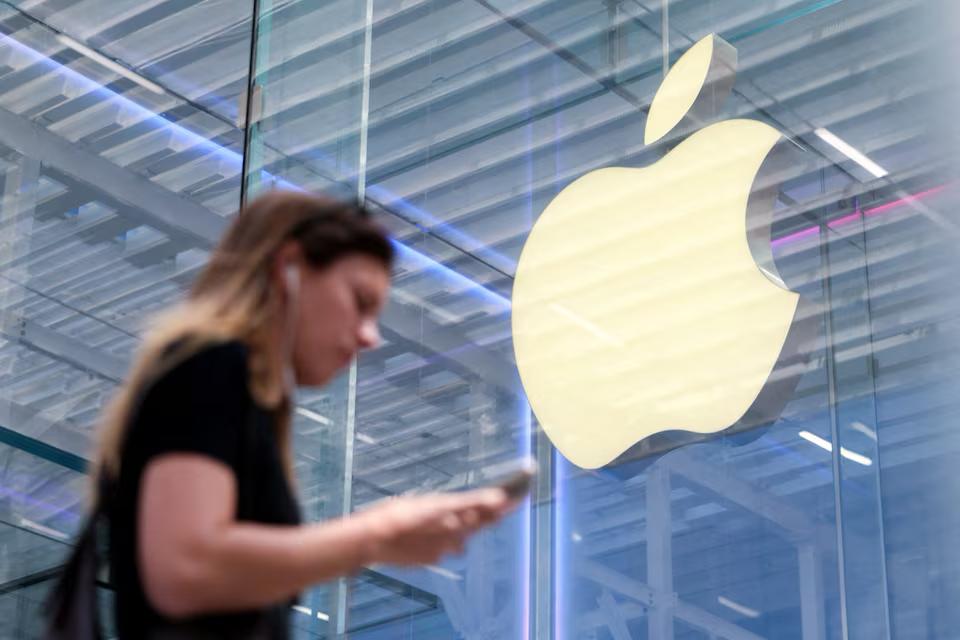U.S. President Donald Trump threatened to escalate the trade war by imposing a 50 per cent tariff on European Union goods starting June 1 and warning Apple of a potential 25 per cent levy on imported iPhones.
Trump’s statements, made via social media, caused global markets to fluctuate, with major U.S. stock indexes and European shares falling, the dollar weakening, and gold prices rising.
The EU’s total exports to the U.S. last year was approximately $566 billion, with Germany, Ireland, and Italy leading the way. A 50% tariff could increase consumer prices on goods like German cars and Italian olive oil. Trump’s move is seen as a response to slow-paced negotiations with the EU.
Trump’s threat also targets Apple, with a potential 25% tariff on iPhones. Apple shares fell 3% after Trump’s statement. The company is currently accelerating plans to manufacture most iPhones sold in the U.S. in India by 2026 to avoid potential Chinese tariffs. However, moving production to the U.S. seems unlikely, given Apple’s previous investment plans.
EU Trade Chief Maros Sefcovic emphasized the need for mutual respect in trade negotiations, stating that the European Commission is committed to securing a mutually beneficial deal.
Dutch Prime Minister Dick Schoof supported the EU’s strategy, noting that tariffs have fluctuated in past U.S. – EU talks.
Apple’s Plans on accelerating iPhone production in India, unlikely to move production to the U.S.



